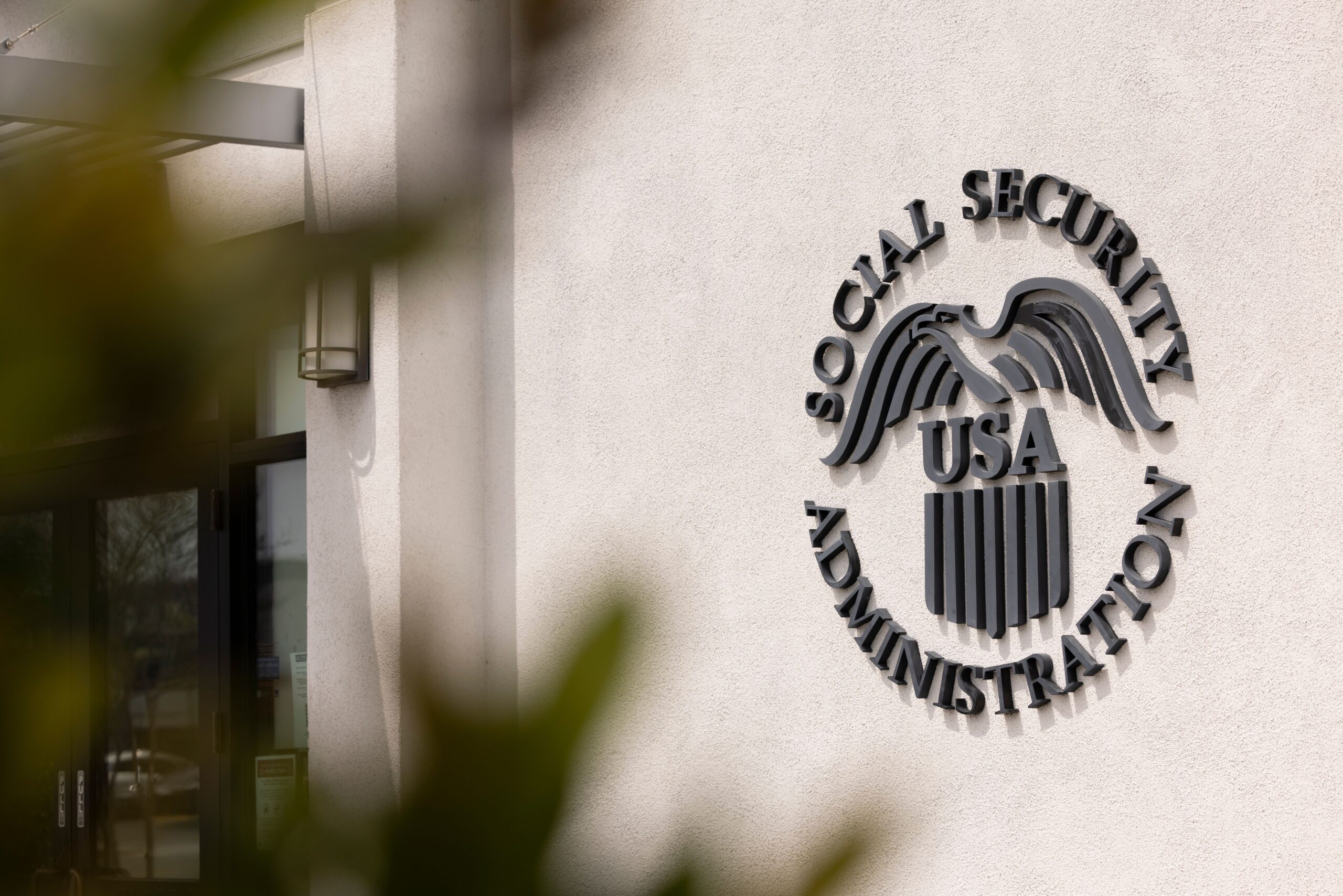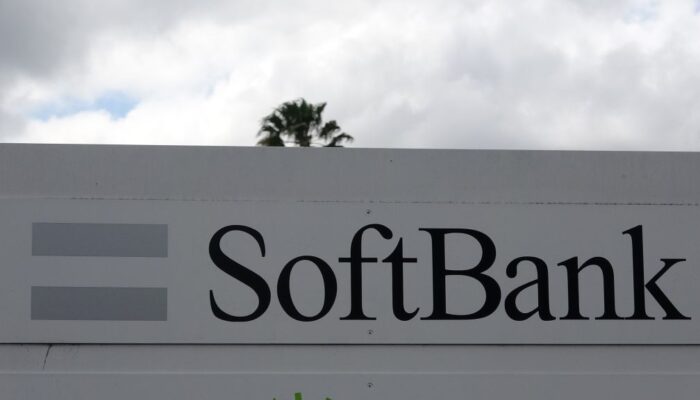As the US government shutdown stretches into its second month, agency leaders at the Social Security Administration (SSA) are becoming increasingly worried about how the key government department, which provides benefits to roughly 70 million Americans, will continue to operate.
WIRED obtained meeting notes from a Thursday SSA call for the administration’s field offices, where over a thousand managers from around the country spoke with field operations chief Andy Sriubas about the acute and damaging effects of the government shutdown. During the call, managers spoke candidly about staffers who can no longer afford to drive to work and a crisis of confidence in the agency.
“People are coming to me saying they cannot put gas in their car and they cannot afford to come to work anymore and they’ll need to get other jobs,” said one employee on the call. “Pretty soon they won’t be able to afford to work at the agency.”
“My heart’s breaking because I hear all this stuff across the country,” Sriubas responded. “We had to close an office in California today because we didn’t have enough people to open the doors…Nobody wants to close an office…But I also understand that people have to live their lives and they have limited means to do that when you’re now missing your second full paycheck.”
Another employee tells WIRED that some field offices have set up food pantries to help colleagues who are on the brink. “People are angry and … betrayed,” they added.
The White House and the SSA did not respond to requests for comment.
“I think I can speak for most of our employees when we say now more than ever, employees are feeling somewhat betrayed by the federal government as federal employees because of what we’re navigating and the length in which we’re navigating it,” said another employee on the call.
Most SSA employees are considered “excepted” from the shutdown, meaning they must continue to work without getting paid—or quit the agency altogether.
People can also be furloughed, but employees say they are nervous to ask for this option, for fear they won’t receive back pay when the government reopens. “I have employees that are skeptical and kind of scared, to be truthful, to use furlough because they’re not comfortable or confident that once the shutdown is over that they’re going to be compensated,” an employee said on the call.
Differing standards at the agency, which has roughly 51,000 employees, are also leading to contention. While SSA is allowing some employees to work remotely during this period, the number of days they’re allowed to do this is limited. “Telework will be infrequent, based on unique workload needs of the agency or due to the personal circumstances of the requesting employee, and limited in duration,” according to an employee contract viewed by WIRED. (“It’s become a big problem—and employees talk to each other. We need a hard and fast rule,” one manager tells WIRED.)
“We’re a metro office where we have to pay for parking and our parking is like $10 to $15 a day and it’s really starting to add up for employees. And we do have employees that have been embarrassed to come to me and say that they can’t afford to come to work and they want to telework instead of furloughed,” another employee said on the call. “I understand that’s not an option now, I just want you to know that there really are people that are struggling with the decision between finding a way to get to work and wanting to work and our only option being furlough.”
Employees are also struggling with a daunting workload and a backlog of cases. On the call, Sriubas said that he had spoken with SSA’s general counsel, who said that just because SSA’s workload was “excepted” didn’t mean the agency had to do it. “So we can decide not to do it,” said Sriubas. “So if [the shutdown] does go into next week, I ask folks to start thinking about what are the workloads…to say, look, we’re just not doing that going forward until the shutdown ends.”
“You can’t do 12 months of work in 10 months and expect it all to be done on the right timelines,” he added.
On the call, SSA managers spoke about how difficult it was to keep employees motivated, especially when they knew that their work would have to ramp up after the shutdown concludes. “It’s hard to keep morale going with the way the staff is going and they also know that as soon as this shutdown is over, we’re going to hit ’em hard with [more work],” said one employee. “It’s very frustrating when we have to keep those staff motivated and we need ’em for the long haul, not just for this fiscal year.”
Employees also described the specific toll the shutdown was taking on Social Security beneficiaries. In one instance, recounted on the call, an office lost half their team. “Now my public is waiting two hours in [the] reception area, hour and hour and a half on phones,” said the same employee, who noted there used to be around a half hour wait time.
The SSA has been embroiled in chaos throughout president Donald Trump’s second term. WIRED reported in March that almost a dozen operatives from the so-called Department of Government Efficiency had been deployed to SSA, including big-name early operatives, including Luke Farritor, Marko Elez, and Akash Bobba.
According to a court filing from the SSA in federal court and accompanying sworn statements, a number of the DOGE operatives had access to a number of sensitive data sets, including Numident, which contains detailed information about anyone with a social security number. DOGE claimed they required this kind of access in order to detect “fraud.” However, many of DOGE’s claims about the agency were untrue and inaccurate, including the claim that 150-year-olds were collecting social security benefits.
In August, SSA’s chief data officer, Chuck Borges, submitted a whistleblower complaint that claimed DOGE had mishandled sensitive data and uploaded the confidential information of millions of Americans to an insecure server. When Borges sent an email to agency staff stating that he was involuntarily resigning, following his whistleblower complaint, the email mysteriously disappeared from inboxes, employees told WIRED at the time.
“I’m invested in this organization. I love what we do, but I feel like it’s not going in the right direction and we’re not really serving the public like we should or even our employees,” said one employee during Thursday’s management call. “We’re not trying to beat people up, it’s just that we are so invested.”




